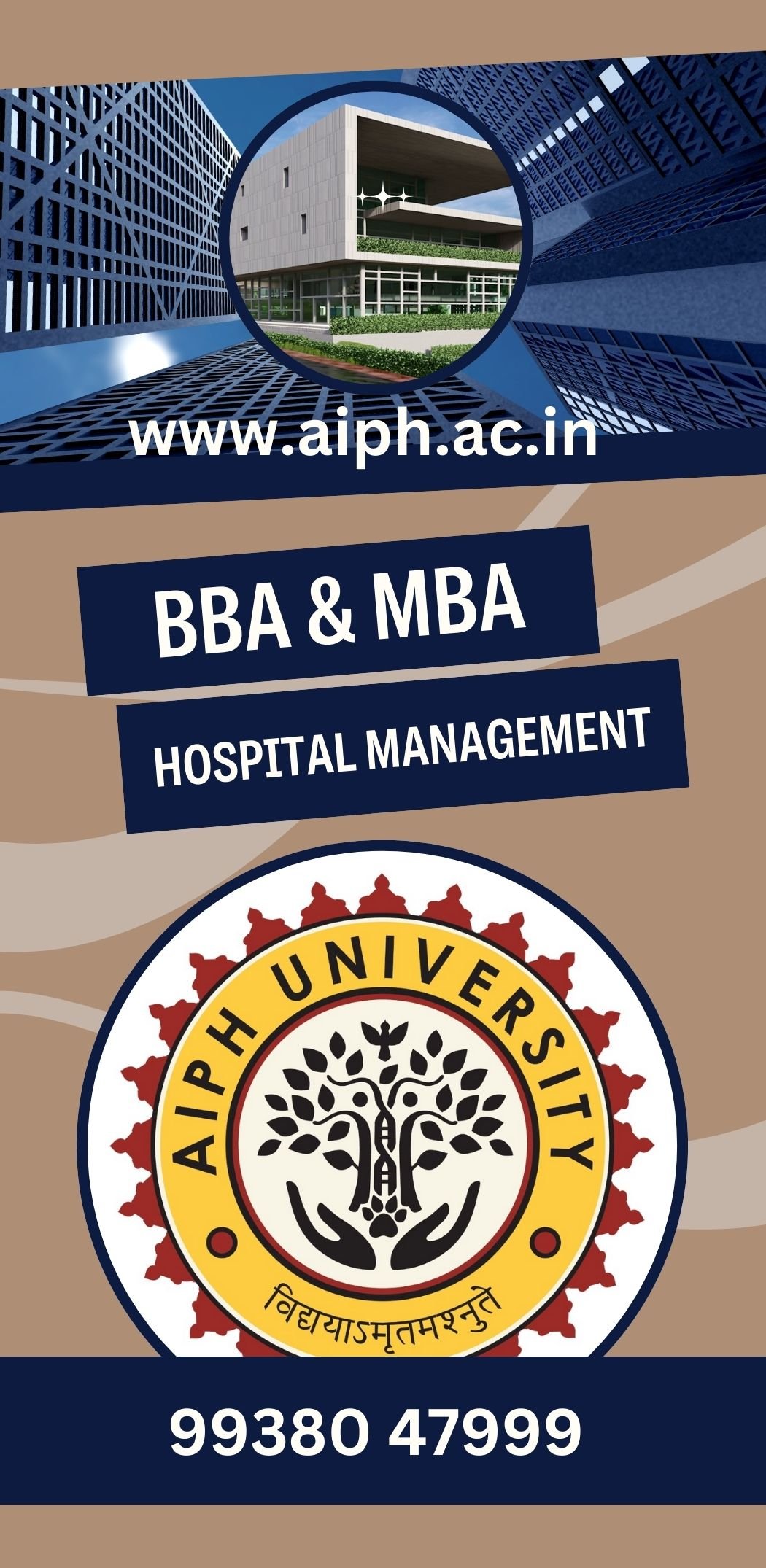Learner-centric approaches focus on the student's needs, interests, and abilities, fostering a personalized learning experience. This methodology encourages active participation, critical thinking, and problem-solving, preparing students for the complexities of the real world.
Our Public Health School is dedicated to providing students with a cutting-edge education that combines theoretical foundations with practical applications. Here's how we're implementing learner-centric approaches:
1. Interdisciplinary Curriculum: Our curriculum is designed to integrate multiple disciplines, providing students with a comprehensive understanding of public health issues.
2. Case-Based Learning: Real-world case studies and scenarios are used to promote critical thinking and problem-solving skills.
3.Collaborative Learning: Students work in a teams to tackle complex public health challenges e.g. maintaining menstrual hygiene, awareness of nutrition and food safety and chronic diseases like diabetes,cancer in rural areas, etc. fostering communication, teamwork, and leadership skills.
4.Mentorship Programs: Experienced faculty members provide guidance and support, helping students navigate their academic and professional journeys.
5. Networking Opportunities: Students build relationships with peers, faculty members, and industry professionals, expanding their professional network.

By adopting these learner-centric approaches, our students enjoy numerous benefits, including:
Personalized Learning: Students can tailor their learning experience to suit their interests and career goals.
Developed Critical Thinking: Our approaches encourage students to think critically and develop well-informed opinions.
Enhanced Employability: Graduates are equipped with the skills and knowledge sought after by employers in the public health sector.
The school of biological sciences is dedicated to fostering a learning environment where students needs are prioritized. Our learner centric approaches are designed to equip students with the knowledge, skills and competencies required to excel in the field of Biological Sciences.
1. Hands-On Laboratory Experiences: Students participate in experiments, research projects, and lab sessions, developing practical skills and applying theoretical concepts.
2. Self- Directed Learning: Students have the flexibility to learn at their own pace, with access to online resources and adaptive learning tools.
3. Project- Based Learning: Students work on real projects, applying theoretical concepts and developing problem solving skills.
4. Peer to Peer Learning: Students learn from and with each other, fostering a sense of community and promoting collaborative learning.
5. Reflective Learning: Students reflect on their learning experiences, identifying strengths, weaknesses and areas for improvements.
By applying these above approaches we find students are more invested in their learning, leading to higher motivation and academic success. Graduates are equipped with the skills, knowledge, and competencies required to succeed in their chosen field.

You can also find the Learner-centric Approach in Applied Health Sciences Program which aims to equip students with knowledge, skills and competencies required to excel in the health care industry. Here is the list of approaches:
1.Simulation-Based Learning: Students participate in simulated patient care scenarios, developing practical skills and theoretical knowledge.
2.Flipped Classroom Model: Students engage with course material before class, and class time is used for discussions, activities and hands on learning.
3.Interpersonal Education: Students collaborate with peers from various healthcare discipline, fostering teamwork and communication skills.
4.Flexible Assessment: Assessments are designed to accommodate different learning styles, with options for students to demonstrate their knowledge and skills in various ways.
5.Virtual Reality Learning: Students use VR technology to simulate real- world healthcare scenarios, enhancing their skills and confidence.
6.Mentorship Programs: Students are paired with experiential healthcare professionals, providing guidance and support. etc.
The benefits we find in these approaches:
Students are more engaged and satisfied with their learning experience. Graduate are well prepared for the demands of the healthcare professions. Students develop essential soft skills, such as communication, teamwork, and time management.
At AIPH University, we're committed to providing a world-class education that prepares students for successful careers in public health or in applied health sciences Our learner-centric approaches ensure that students are equipped to tackle complex challenges, drive scientific advancements with the knowledge, skills, and competencies required to make a meaningful impact in the world. By prioritizing student engagement, autonomy, and real-world application, we're empowering the next generation to make a lasting impact on the newcomers.



